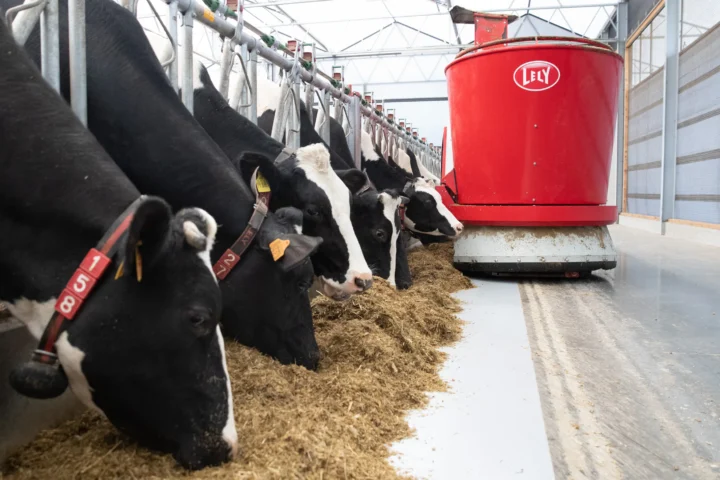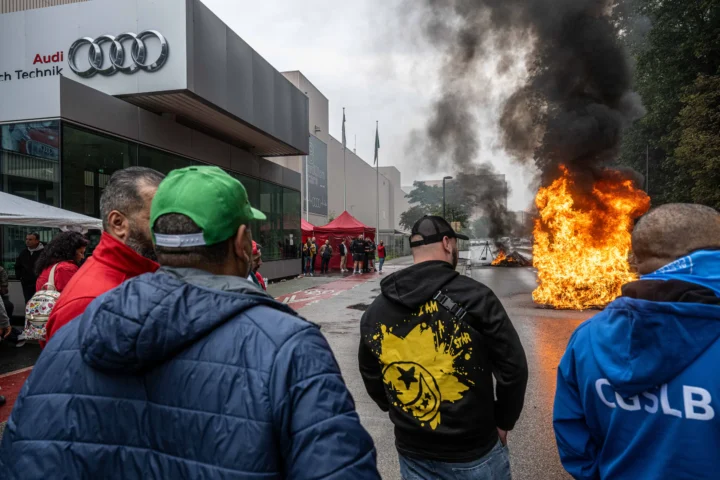The move will slash thousands of jobs, the Volkswagen works council says. It comes as Germany experiences a sluggish economy and automakers deal with high production costs.
German automotive giant Volkswagen (VW) plans on shutting at least three plants in Germany, the company’s works council said on Monday.
The reported factory closure plans are a measure that VW recently said it could not rule out amid dwindling sales.
“Management is absolutely serious about all this. This is not saber-rattling in the collective bargaining round,” the Reuters news agency cited Daniela Cavallo, Volkswagen’s works council head, as telling several hundred employees in Wolfsburg.
“This is the plan of Germany’s largest industrial group to start the sell-off in its home country of Germany,” Cavallo added, without specifying which plants would be affected or how many of the company’s nearly 300,000 staff in Germany could be laid off.
“All German VW plants are affected by these plans. None of them are safe,” said Cavallo as she addressed VW workers at the company’s Wolfsburg headquarters.
Cavallo said that VW is also demanding a 10% pay cut and no other pay raises for the next two years. Cavallo and other labor leaders at VW vowed fierce resistance to the cutbacks.

Workers’ union expresses outrage
The IG Metall trade union, which represents a large proportion of the company’s workforce, has expressed dissatisfaction with the news.
“This is a deep stab in the heart of the hard-working VW workforce,” German news agency DPA quoted IG Metall District Manager Thorsten Gröger as saying.
“We expect Volkswagen and its board of management to outline viable concepts for the future at the negotiating table, instead of fantasies of cutbacks, where the employer side has so far presented little more than empty phrases.”
VW’s CEO Thomas Schäfer said in a statement that costs at plants in Germany have become particularly high.
“We cannot continue as before,” Schäfer said. “We are not productive enough at our German sites and our factory costs are currently 25% to 50% higher than we had planned. This means that individual German plants are twice as expensive as the competition.”
European carmakers are facing increased competition from cheaper Chinese electric cars.
VW reported a 14% drop in net profit in the first half of the year and was forced to terminate a decades-old job security agreement with unions in Germany.
How did the German government react?
German government spokesman Wolfgang Büchner said that Berlin was aware of VW’s challenges and had been in close communication with the company and worker representatives.
“The chancellor’s position on this is clear, however, namely that possible wrong management decisions from the past must not be to the detriment of employees. The aim now is to maintain and secure jobs,” the spokesperson told a regular briefing.
It was not immediately clear if Büchner was referring to the so-called dieselgate scandal-turned-criminal case, in which former VW CEO Martin Winterkorn has been accused of perjury, market manipulation and commercial fraud.
VW operates a total of 10 plants in Germany, with six situated in Lower Saxony, three in the eastern state of Saxony and one in Hesse in the west.
Volkswagen has never closed a plant in Germany, and has not closed a plant anywhere in the world in more than three decades.








